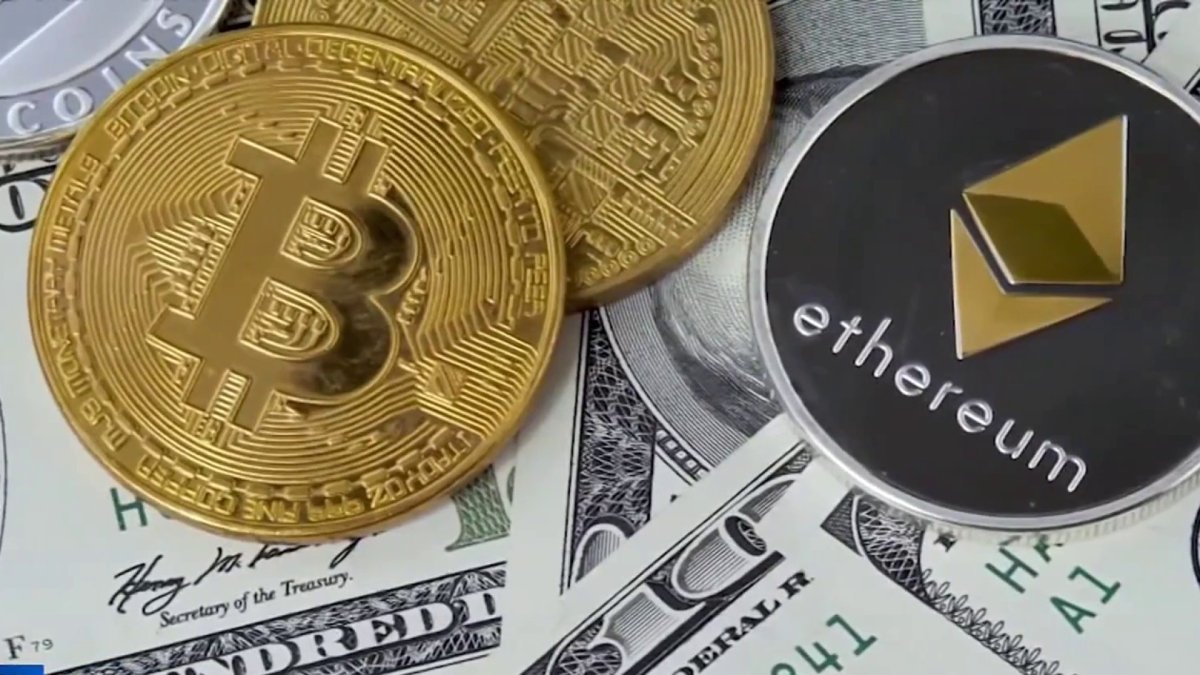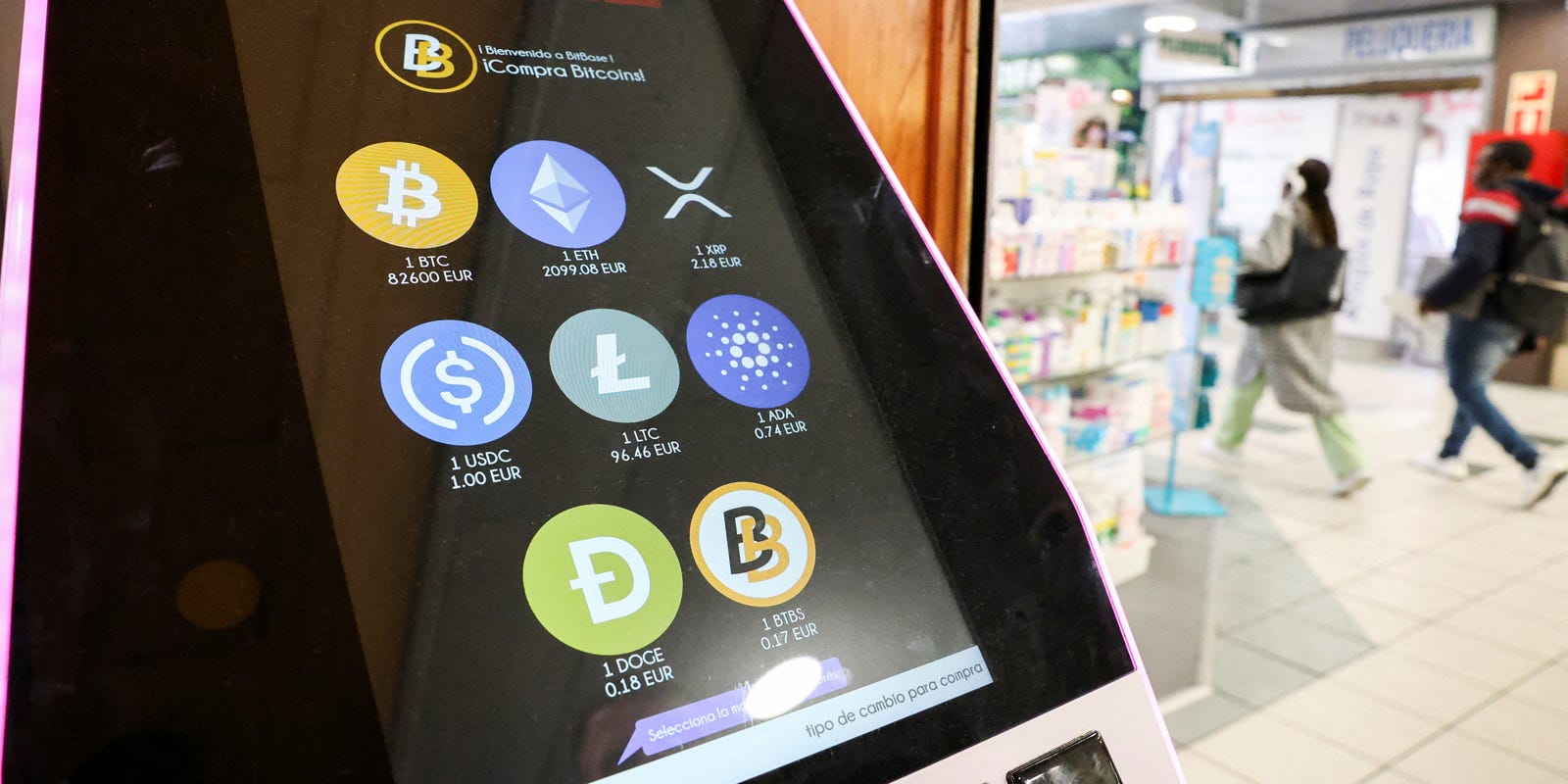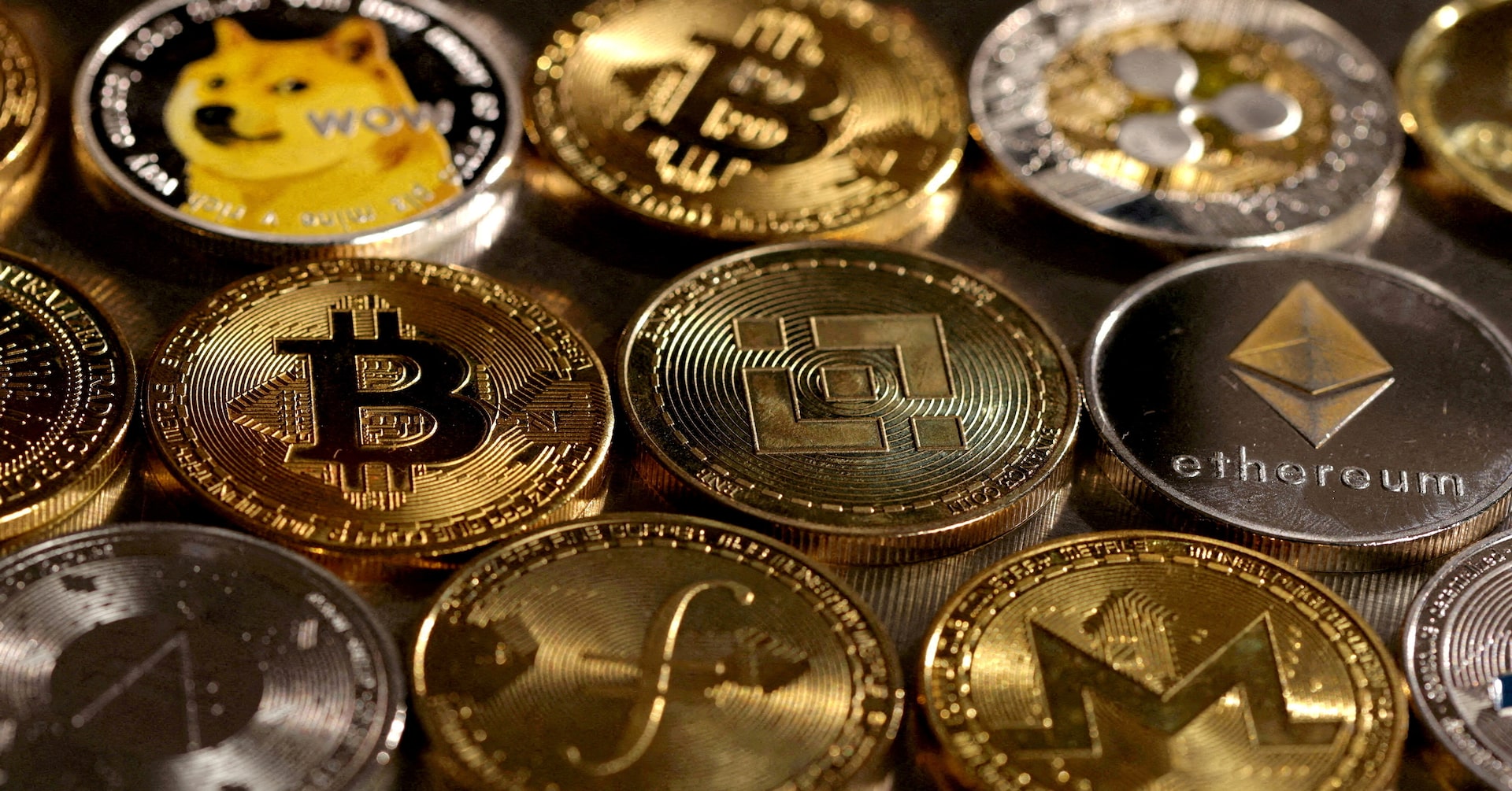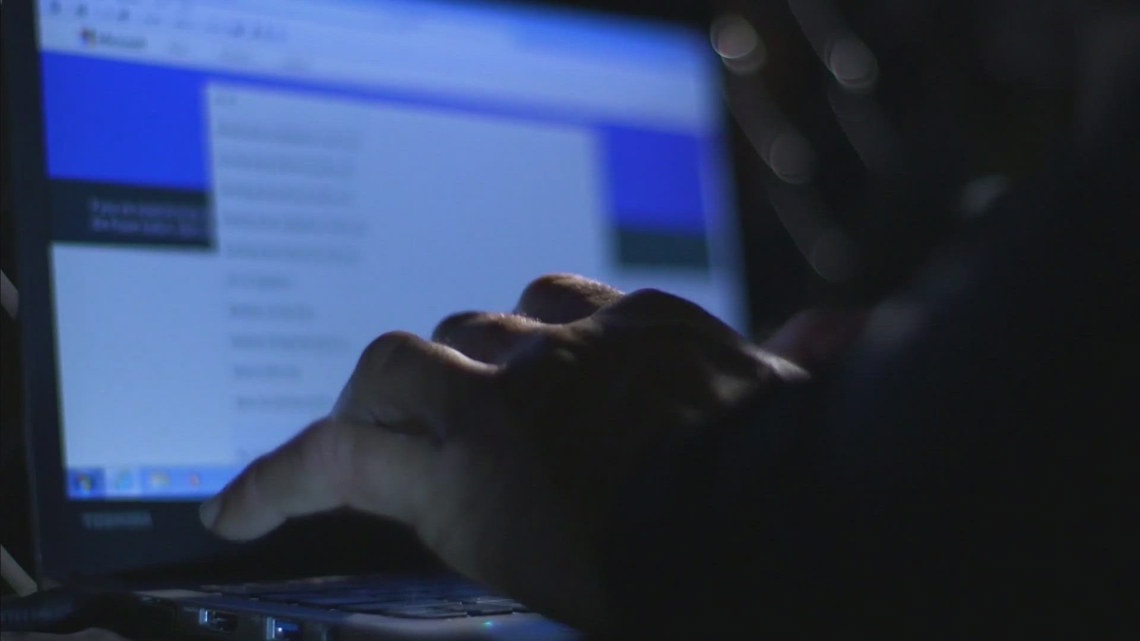Crypto Corruption Twist: Revolutionary Guard Officers Caught Stealing Millions During Own Investigation

In a shocking revelation, senior officers from Iran's Revolutionary Guard have been implicated in a brazen cryptocurrency theft, allegedly siphoning off approximately $21 million during a corruption investigation.
The scandalous incident unfolded during an inquiry into Cryptoland, a digital exchange that was abruptly shut down following the arrest of its CEO, Sina Estavi, in May 2021. According to Iran International's recent report, blockchain records provide damning evidence of the officers' misconduct.
Specifically, the records reveal that six billion BRG tokens, originally created by Estavi, were mysteriously transferred from his cryptocurrency wallet, raising serious questions about the integrity of the investigating officers.
This alleged theft not only highlights potential corruption within Iran's Revolutionary Guard but also underscores the vulnerabilities in cryptocurrency exchanges and digital asset management. The incident serves as a stark reminder of the ongoing challenges in regulating and securing digital financial platforms.








